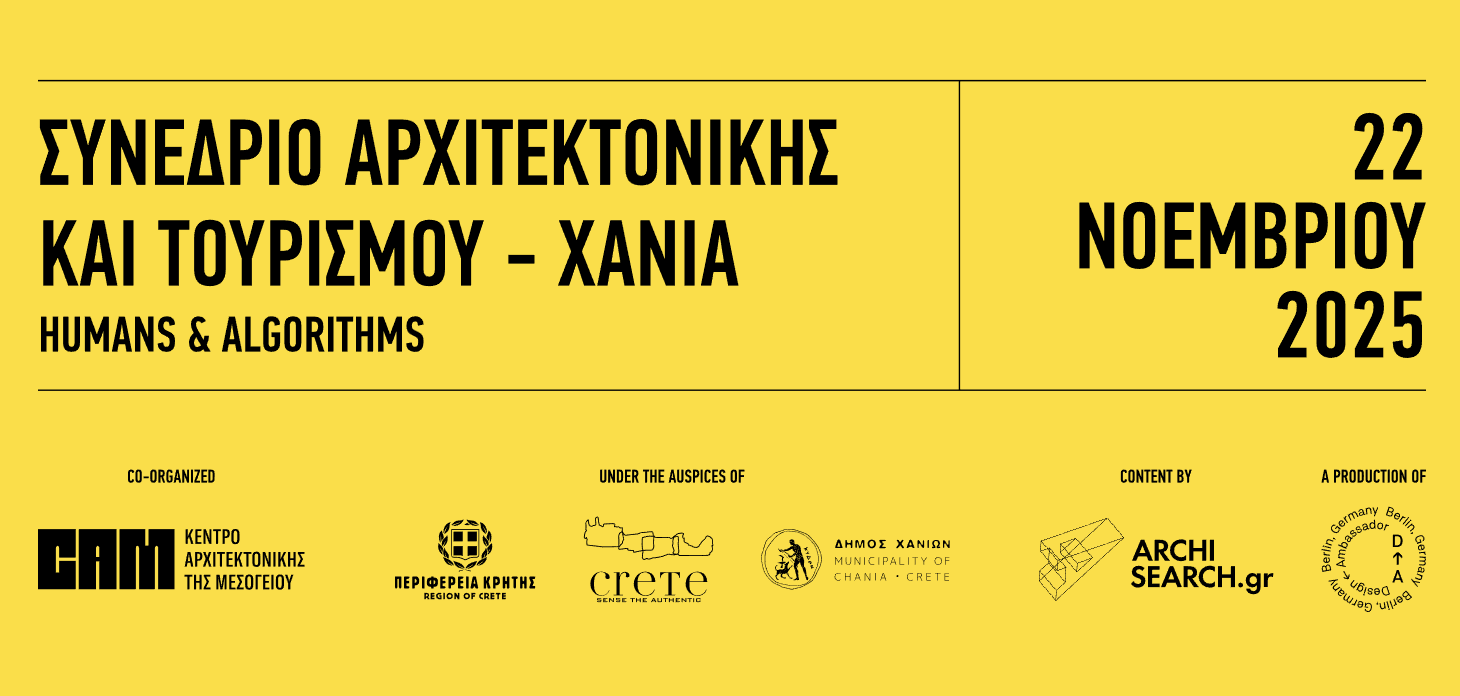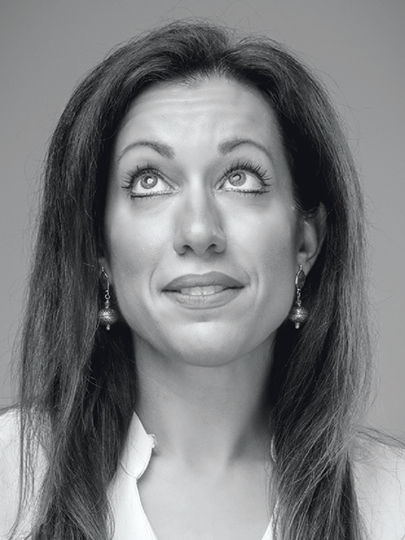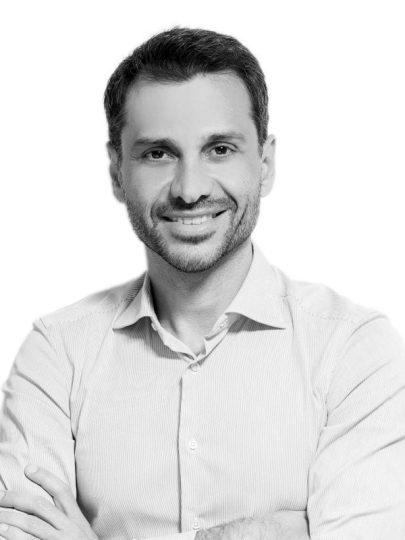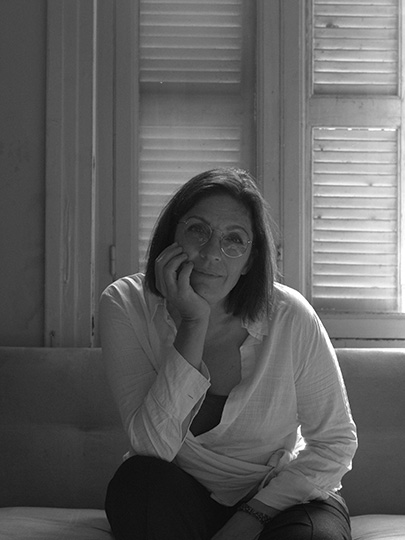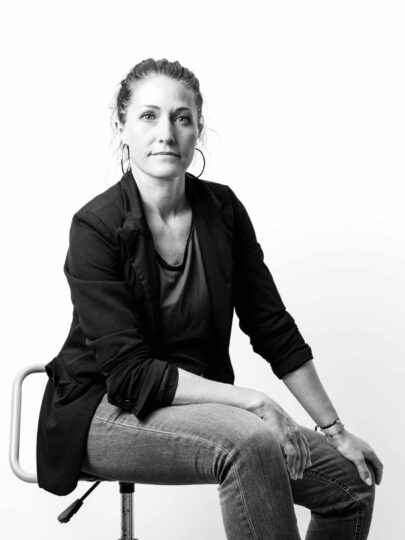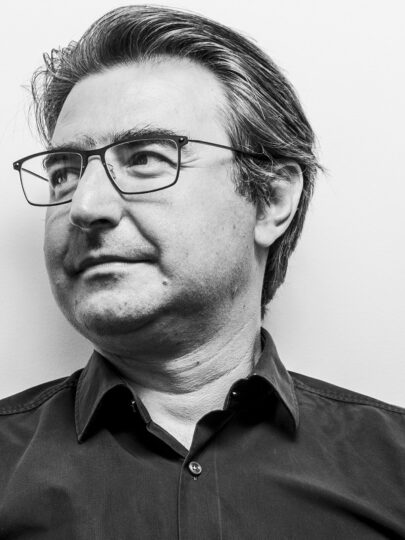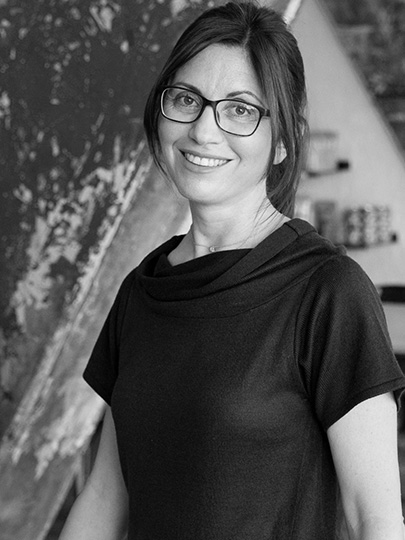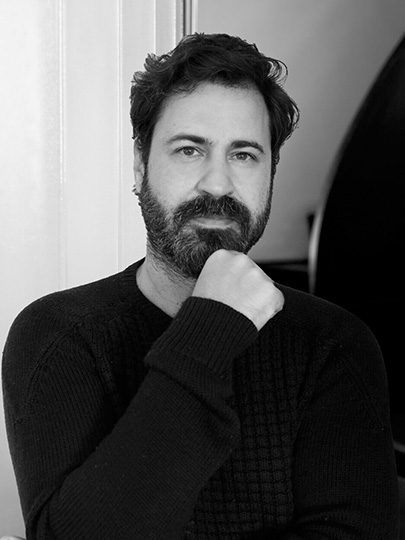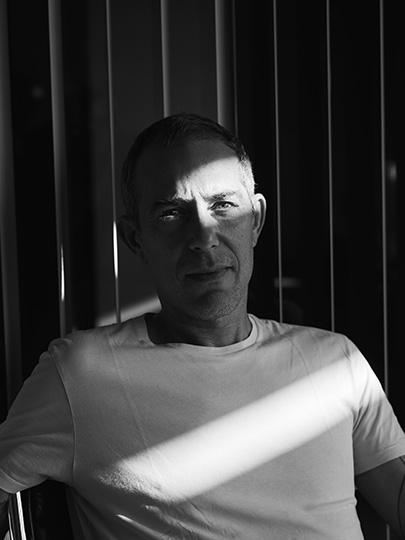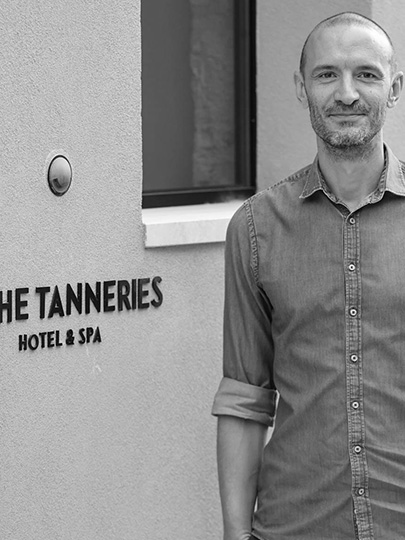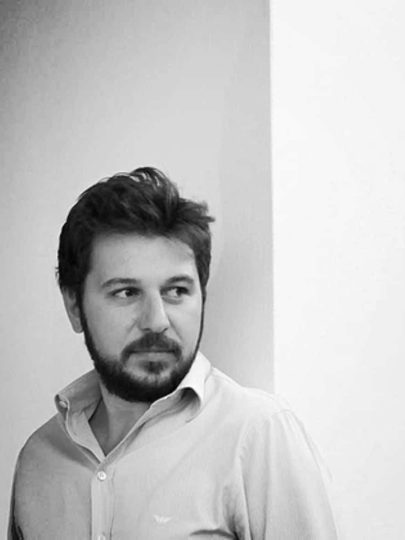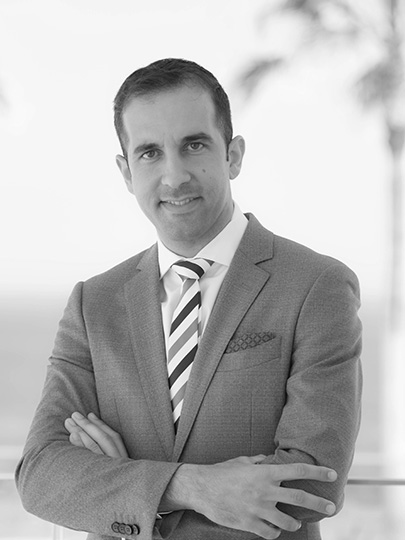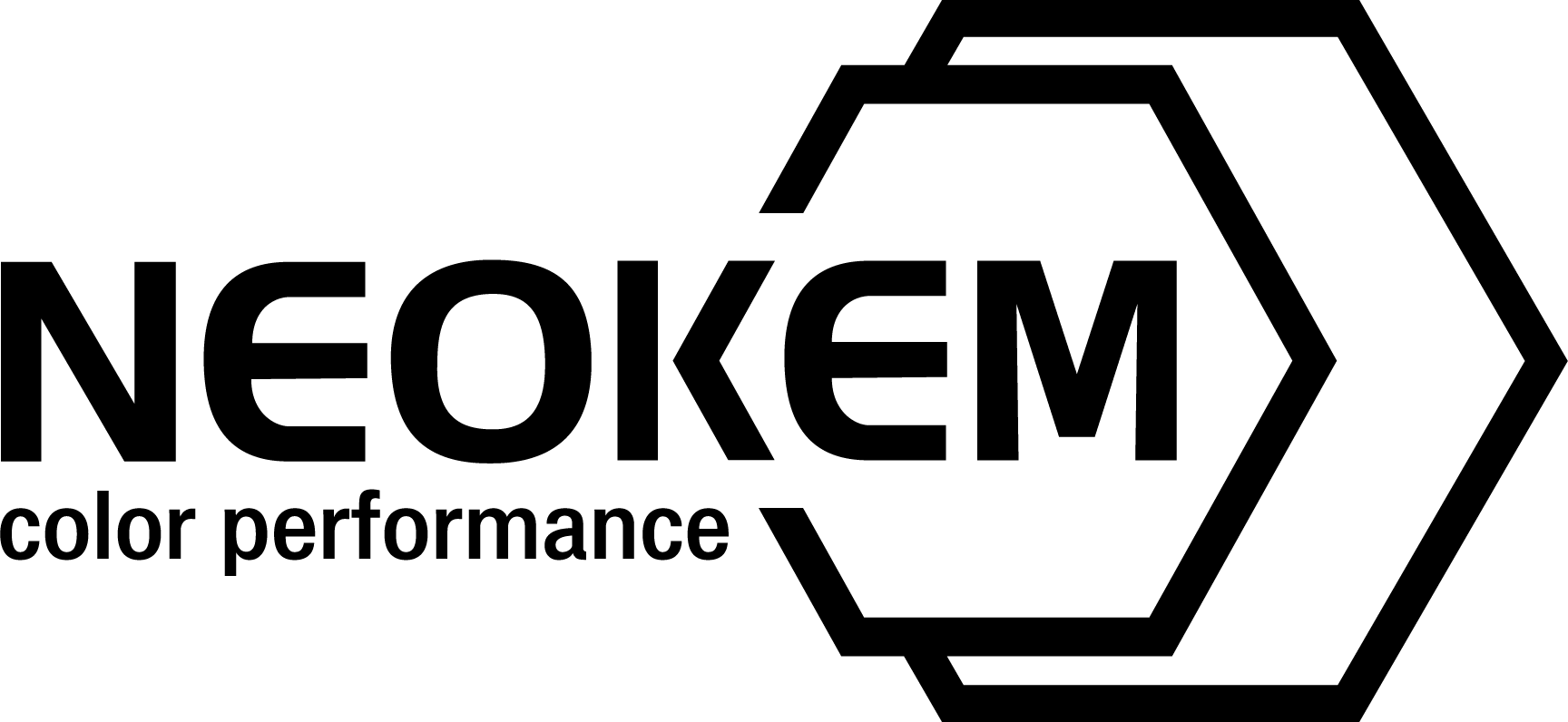Οι τεχνολογικές εξελίξεις επαναπροσδιορίζουν ριζικά το τοπίο του τουρισμού και της αρχιτεκτονικής. Καθημερινά, δεδομένα, αλγόριθμοι και τεχνητή νοημοσύνη ενσωματώνονται στη λήψη αποφάσεων, στον σχεδιασμό εμπειριών, στην προβολή προορισμών. Όμως όσο ο ψηφιακός κόσμος γίνεται μέρος της καθημερινότητας, τόσο πιο επιτακτική γίνεται η ανάγκη να επανεξεταστούν έννοιες όπως αυθεντικότητα, σύνδεση και ταυτότητα.
Το φετινό Συνέδριο επιχειρεί να ανοίξει αυτόν τον διάλογο ακριβώς στο μεταίχμιο. Ανάμεσα στις «έξυπνες» προβλέψεις και την πραγματική εμπειρία. Ανάμεσα στη στρατηγική των δεδομένων και την αφήγηση των τόπων. Ανάμεσα στην παγκόσμια ομογενοποίηση και τη μοναδικότητα που συνδέεται με τον τόπο, τον άνθρωπο, την ιστορία.
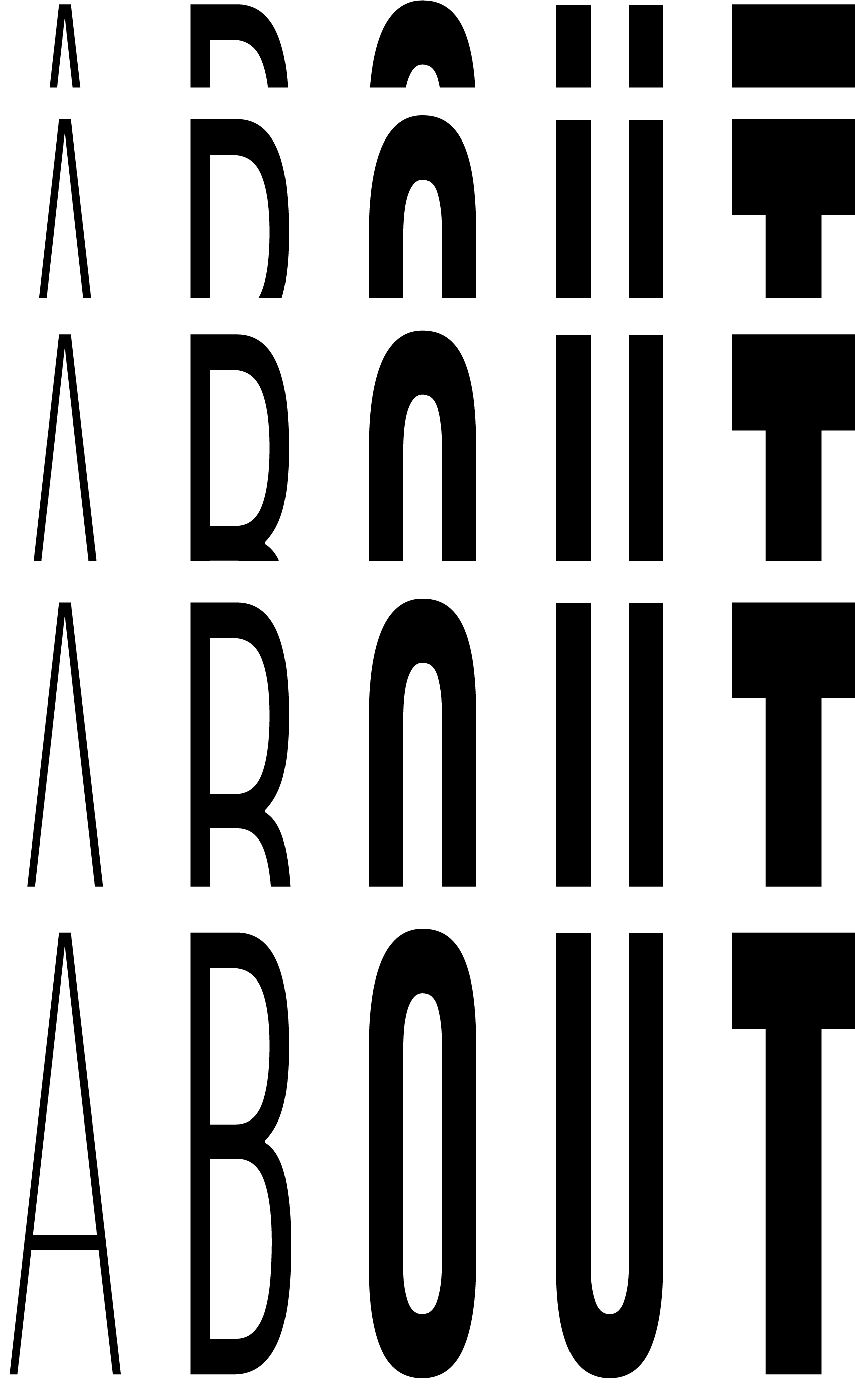
Με στόχο να εδραιώσει τη θέση του ως το κορυφαίο συνέδριο που συνδέει την αρχιτεκτονική με τον τουρισμό στην Ελλάδα, η φετινή διοργάνωση θέτει τις βάσεις για τη διαμόρφωση σύγχρονων τουριστικών πρωτοκόλλων, μέσα από την ανταλλαγή ιδεών και τη συνεργασία.

Με στόχο να εδραιώσει τη θέση του ως το κορυφαίο συνέδριο που συνδέει την αρχιτεκτονική με τον τουρισμό στην Ελλάδα, η φετινή διοργάνωση θέτει τις βάσεις για τη διαμόρφωση σύγχρονων τουριστικών πρωτοκόλλων, μέσα από την ανταλλαγή ιδεών και τη συνεργασία.
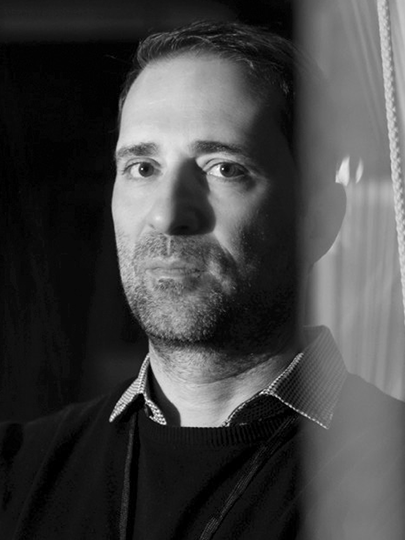
ANDREAS THEODORIDIS
Architect, researcher, and Assistant Professor at the New York Institute of Technology (NYIT), research associate at the Center for Ecosystems in Architecture at Yale University (Yale CEA)

ANDREAS THEODORIDIS
Architect, researcher, and Assistant Professor at the New York Institute of Technology (NYIT), research associate at the Center for Ecosystems in Architecture at Yale University (Yale CEA)
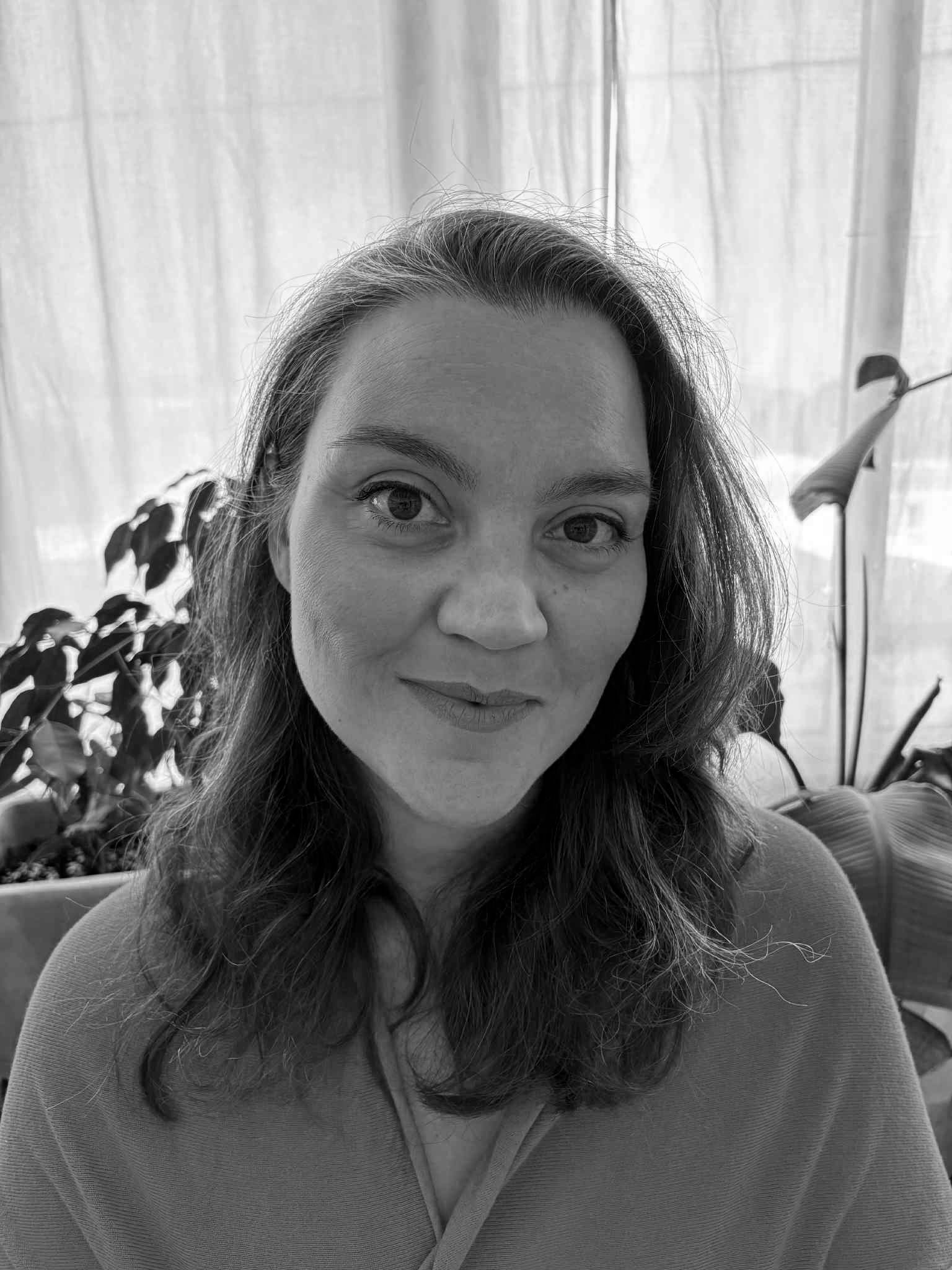
EIRINI MAKEDONA PAGKOPOULOU
Co - Founder SISILO Cultural organization for the Music & the arts


22 ΝΟΕΜΒΡΙΟΥ 2025
Από τις 21-23 Νοεμβρίου 2025, το Συνέδριο Αρχιτεκτονικής και Τουρισμού – “Humans and Algorithms”, σε διοργάνωση της Design Ambassador και του Κέντρου Αρχιτεκτονικής της Μεσογείου, επιστρέφει για δεύτερη χρονιά στον εμβληματικό χώρο του Μεγάλου Αρσεναλιού στα Χανιά.
Με στόχο να εδραιώσει τη θέση του ως το κορυφαίο συνέδριο που συνδέει την αρχιτεκτονική με τον τουρισμό στην Ελλάδα, η φετινή διοργάνωση θέτει τις βάσεις για τη διαμόρφωση σύγχρονων τουριστικών πρωτοκόλλων, μέσα από την ανταλλαγή ιδεών και τη συνεργασία.


